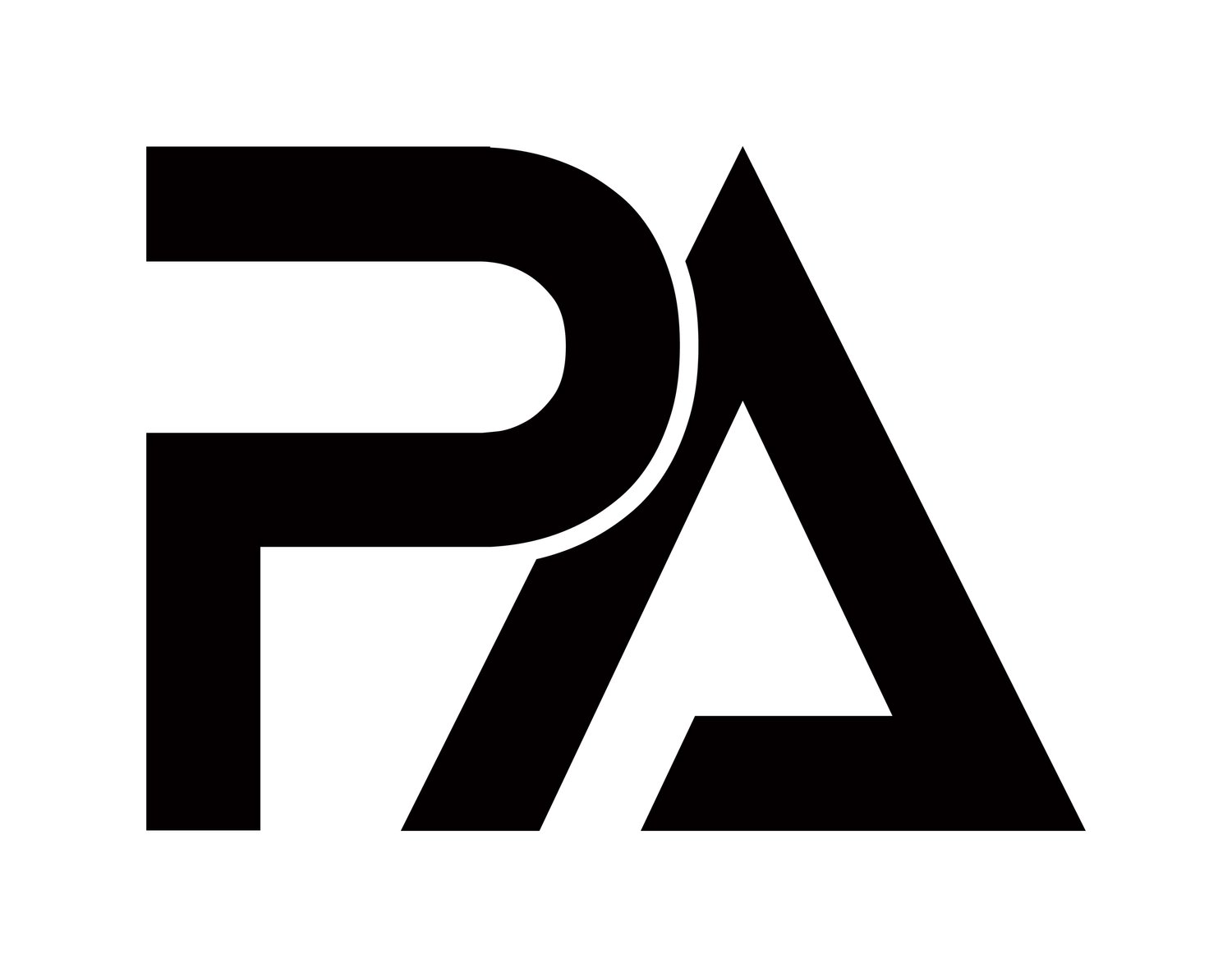Teaching Philosophy Statement
I arrived at LaGuardia Community College almost by coincidence, determined to study psychology, in a new country. As a non-native English speaker from Peru, I felt nervous and out of place. Yet being in a class with students from different cultures enriched my experience because I realized that even though we all came from different backgrounds, our journeys were similar. Though my first year of college was difficult, my advisors and teachers helped me pave the way. After receiving my Associate’s degree in the Liberal Arts from LaGuardia, I went on to complete a Bachelor's degree in Psychology from Hunter College. I still recall the days when I used to help my friends practice their English speaking skills. It was then that I realized that teaching was a source of enjoyment for me and had become a growing passion. This shifted my career focus towards education and led me to complete a Master’s degree in Educational Psychology from Hunter College, and currently, a Doctorate in higher and postsecondary education at Teachers College, Columbia University.
Teaching at a community college has been a rewarding experience for me and has given me the opportunity to make a difference in students’ journey in postsecondary education. My students come from diverse backgrounds and many are the first in their families to attend college just like I was. Besides focusing on the subject matter content, I am sensitive to how students develop a sense of belonging and how they build skills to navigate the college environment. I aim to help my students understand the complexities of fulfilling academic requirements, and identify habits of mind that they can use across contexts and that can help them succeed in college. This, in turn, improves their confidence and enhances their ability to learn the subject matter content. I believe that students bring a wealth of knowledge to the classroom. When I introduce a new topic, I make an intentional effort to tap into their prior knowledge and make connections to relevant experiences they have. For instance, one of the assignments I have developed is a “school narrative” short essay, in which I ask students to think about their journey as a student and recall a memorable moment that inspired them to become a teacher. I purposefully use this assignment at the start of the term so that I can gain insights about students’ experiences, cultures, dispositions, and motivations to pursue an education major in college.
I also believe that students learn from the instructor and from each other. In my classes, I give students the opportunity to work individually, in pairs, and in groups. I do this to foster a sense of community and to let students know that learning is a collective endeavor too. I use individual assignments or activities to get students to reflect about what they are learning and how topics are connected. Then, I use pair or group activities to foster inquiry and to get students to pose questions to one another in ways that get them to hear different perspectives.
Tapping into students’ personal experiences and creating community in the classroom have strengthened my teaching. When creating groups or when having class discussions, I aim to give every student an opportunity to offer their insights. For instance, when discussing issues of equity or social justice in the field of education, I encourage students to share their own high school experiences and perspectives. In an effort to show that equity issues can take many different forms,I encourage students to also think about things like resource allocation and teacher representation more broadly. These different perspectives enrich our classroom discussions.
In addition to students’ personal experiences, diverse cultural backgrounds, and community in the classroom, I value reflection as another important component of my teaching. My students build electronic portfolios where they post regular reflections of their learning over the course of the semester. These digital repositories help students document their growth over time and allows them to showcase this learning to outside audiences. I use reflection as part of my class activities too. I give students a chance to engage with an exit ticket and write a brief reflection about what they have learned during the session. I take this as an opportunity to let students discern what we’ve discussed and what they’ve learned. Moreover, I also use this as an opportunity to get a formative assessment of student learning. Reading their reflections also allows me to identify what gaps I need to reinforce in upcoming lessons. Ultimately,my experiences as a young college student have influenced my teaching approach. I strive to create a classroom environment where students not only learn the subject matter, but draw on their own personal experiences and learn as part of a supportive community with others.
Courses I teach
EDF101 - First Year Seminar for Education Majors. 3 credits
Fall 2025: Saturdays 10:30AM to 11:30AM (Hybrid) - See CUNYfirst for more information.
